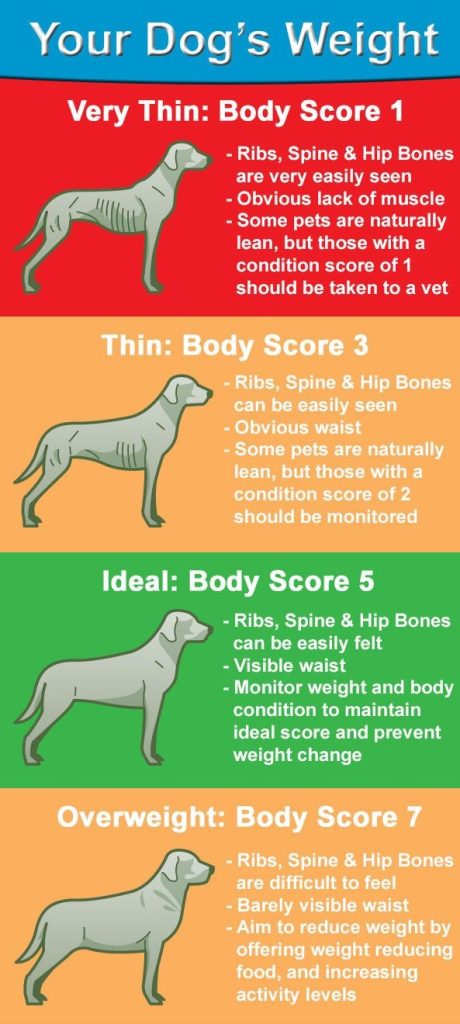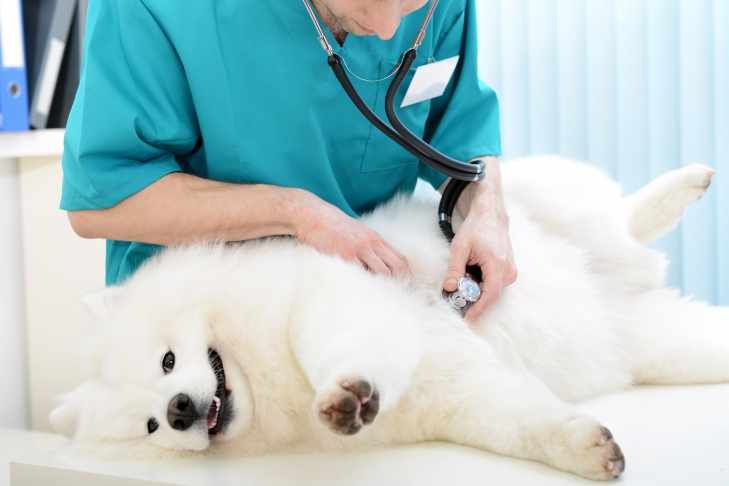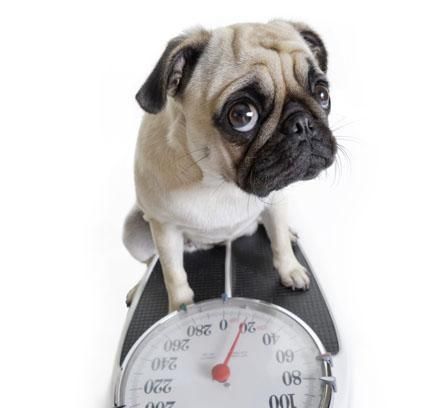
Maintaining a healthy weight is crucial for your dog’s overall well-being and longevity. Overweight and obese dogs are at a higher risk for numerous health issues, including diabetes, arthritis, and heart disease. This article “Dog’s Balanced Diet” provides comprehensive tips and strategies for effective weight management to ensure your canine companion stays healthy and happy.
Understanding Canine Obesity
Causes of Weight Gain
- Overfeeding: Giving your dog too much food, including excessive treats and table scraps, can lead to weight gain.
- Lack of Exercise: Insufficient physical activity can result in your dog burning fewer calories than they consume.
- Age: Older dogs tend to be less active and may have slower metabolisms, increasing the likelihood of weight gain.
- Breed Predisposition: Certain breeds are more prone to obesity, including Labrador Retrievers, Dachshunds, and Beagles.
- Medical Conditions: Hypothyroidism and Cushing’s disease are examples of medical issues that can contribute to weight gain.



Health Risks
Obesity can significantly impact your dog’s quality of life and lead to various health problems, such as:
- Diabetes Mellitus: Excess weight can lead to insulin resistance and diabetes.
- Arthritis: Extra weight puts additional stress on joints, leading to arthritis and mobility issues.
- Heart Disease: Obesity increases the risk of cardiovascular problems.
- Respiratory Issues: Overweight dogs may experience breathing difficulties and reduced stamina.
- Shortened Lifespan: Studies show that obese dogs tend to have shorter lifespans than those at a healthy weight.

Understanding Your Dog’s Weight: A Key to Their HealthBody Condition Score (BCS)
The Body Condition Score (BCS) is a visual and tactile assessment method to evaluate your dog’s body fat. The scale typically ranges from 1 to 9, with:
- 1-3: Underweight
- 4-5: Ideal weight
- 6-9: Overweight to obese

Veterinary Assessment
Regular check-ups with your veterinarian are a crucial part of responsible pet ownership. They not only help monitor your dog’s weight but also ensure their overall health. Vets can provide personalized recommendations for weight management based on your dog’s specific needs, giving you peace of mind that you’re doing everything you can to keep your dog healthy.

Strategies for Weight Management
Balanced Diet
Feeding your dog a balanced, nutritious diet is not only essential for weight management, but it also ensures your dog’s overall health and vitality.
- High-Quality Dog Food: Choose dog food with high-quality ingredients and appropriate nutrient levels for your dog’s age, size, and activity level.
- Portion Control: By measuring your dog’s food, you’re taking a proactive step to avoid overfeeding and maintaining your dog’s ideal weight. Follow the feeding guidelines on the dog food packaging or your veterinarian’s recommendations for best results.
- Limited Treats: You don’t have to eliminate treats entirely. Instead, reduce the number of treats given and opt for a variety of low-calorie, healthy options like carrots or apple slices. This way, your dog can still enjoy treats without compromising their weight management.
- Avoid Table Scraps: Human food is often high in fat and calories, which can contribute to weight gain.

Regular Exercise
Regular physical activity is not just about burning calories, it’s a key factor in maintaining your dog’s healthy weight, boosting their immune system, and promoting overall well-being.
- Daily Walks: Ensure your dog gets at least one or two walks per day, depending on their breed and energy level.
- Interactive Play: Engage in playtime with activities like fetch, tug-of-war, and agility training to keep your dog active and mentally stimulated.
- Indoor Exercises: On days when outdoor exercise isn’t possible, use indoor activities like hide and seek, stair climbing, or interactive toys to keep your dog moving.

Regularly monitor your dog’s weight
Regularly monitor your dog’s weight, a crucial aspect of their overall health, and make necessary adjustments to their diet and exercise routine.
- Regular weigh-Ins: It’s crucial to weigh your dog monthly. This practice allows you to track their progress and promptly identify any weight changes, ensuring you’re always on top of your pet’s health.
- Professional Guidance: If your dog is not losing weight, it’s best to consult your veterinarian. They can provide expert advice on adjusting your dog’s food intake or switching to a weight management formula, ensuring your pet’s health is in good hands.
- Consistency: Maintain a consistent feeding and exercise schedule to help your dog achieve and maintain a healthy weight.

Effective weight management for dogs involves a combination of a balanced diet, regular exercise, and ongoing monitoring. By understanding the causes and health risks associated with obesity, assessing your dog’s weight accurately, and implementing practical strategies, you can ensure your dog stays healthy and happy. However, it’s important to stress that your commitment as a dog owner is not just important, it’s crucial. Your dedication to your dog’s well-being is a key factor in successful weight management and a longer, healthier life for your furry friend.
